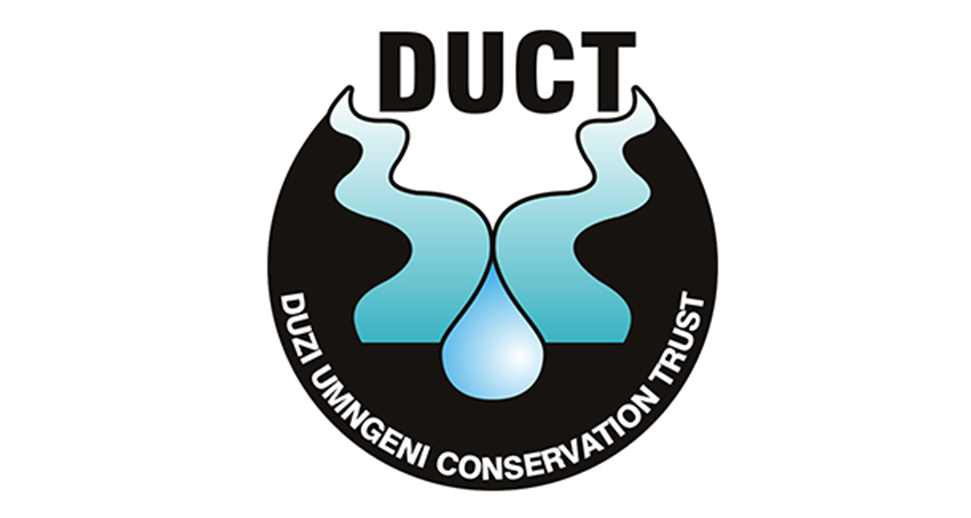Toxic sludge chokes Duzi
A suspected burst valve which led to the collapse of a crude oil storage tank at Willowton Oil Mills in Ohrtmann Road left six workers injured and sent about 240 tons of effluent flooding the Baynespruit tributary of the Duzi River.
David Sweidan, Willowton Group marketing executive, said yesterday that the incident was being investigated. “Our current main focus is to ascertain any environmental impact potentially caused and ensuring the containment and necessary rehabilitation required,” Sweidan said.
He said the immediate on-site response from their teams ensured minimal injuries.
“Those injured were treated on site before being transported to nearby medical facilities for further treatment.”
Sweidan said a full report and assessment will be made to all relevant departments once the investigation has been completed.
A local private hospital confirmed the six workers who were injured were in a stable condition yesterday. “The ... men were all treated for smoke inhalation, abrasions, cuts and physical injuries. Three were taken into the general ward, while the other three were [initially] taken into ICU because of the severity of their injuries,” said a spokesperson.
Msunduzi Municipality spokesperson Thobeka Mafumbatha said subsequent to the first incident two additional tanks containing fatty acids and caustic acid were dislodged, resulting in a cocktail of the three substances flooding the premises and spilling out into the Baynespruit.
Yesterday, Drizit and Spilltech staffers worked to contain the spillage, which had already flowed about 15 km downstream.
“The substances have caused significant impacts on the pH, suspended solids, oils and greases, chemicals and biological oxygen demand of the water quality resulting in fish kills and damage to all aquatic flora and fauna,” said Mafumbatha.
She said clean-up companies were using floating booms and an absorbent agents to remove the contaminants.
Umgeni Water will be releasing water from Henley Dam to dilute the pollutants, she said.
“Together with the clean-up processes, it could take up to 48 hours. Willowton Oil Mills have ceased all production until Sunday,” she added.
Mafumbatha said the discharge of chemicals into any water body was strictly prohibited. “The Duzi river and all its tributaries within Msunduzi are sampled and analysed weekly for microbiological and chemical compliance by Umgeni Water and the Environmental Health unit.
“We will be enforcing our by-laws because incidents of such a nature are governed by Section 28 and 30 of the National Environment Act.”
WHEN The Witness went to the Grimthorpe low-level bridge in Lincoln Meade yesterday morning, a chemical smell permeated the air. White milky foam blanketed the water and a yellow oily film clung near the river bank. Barbel in the river were jumping out of the water gasping for air.
An environmental expert, who asked to remain unnamed, described the situation as “the worst incident ever seen in Pietermaritzburg”.
“The effect is major at the moment,” said the source. “There is product at least from the Grimthorpe low-level bridge heading down towards the Table Mountain Valley. It is extensive. The oil has gone down every available hole. It has also gone down the sewers, which is around the Darvill Waste Water Treatment Site, and created a huge problem as well as it being in the river.”
The source said the spillage is not going to be easily stopped.
“Floating booms are almost no use whatsoever as it just goes underneath. The pH change alone probably killed a lot of the aquatic organisms,” said the source.
Another environmental expert described the situation as one of the top three pollution events to hit the Duzi in the last 30 years.
“The pH was so high it made the oil almost completely mix into the river water, some of it was made into soap. It is going to be extremely difficult to handle. It is not going to be easily stopped.”
Faye Brownell of the Duzi uMngeni Conservation Trust (Duct), which is contracted by Msunduzi Municipality, said they would be conducting biological sampling today to determine the extent of the implications.
“We have been asked to keep away because it is hazardous. We will have bio-monitoring staff upstream to see what the implications have been,” Brownell said.
Janet Simpkins of Save Our River ZA, which has been involved in a catchment investigation of the Duzi and uMngeni river system since January, said races like the Dusi Canoe Marathon have lost sponsors because of the water quality.





































